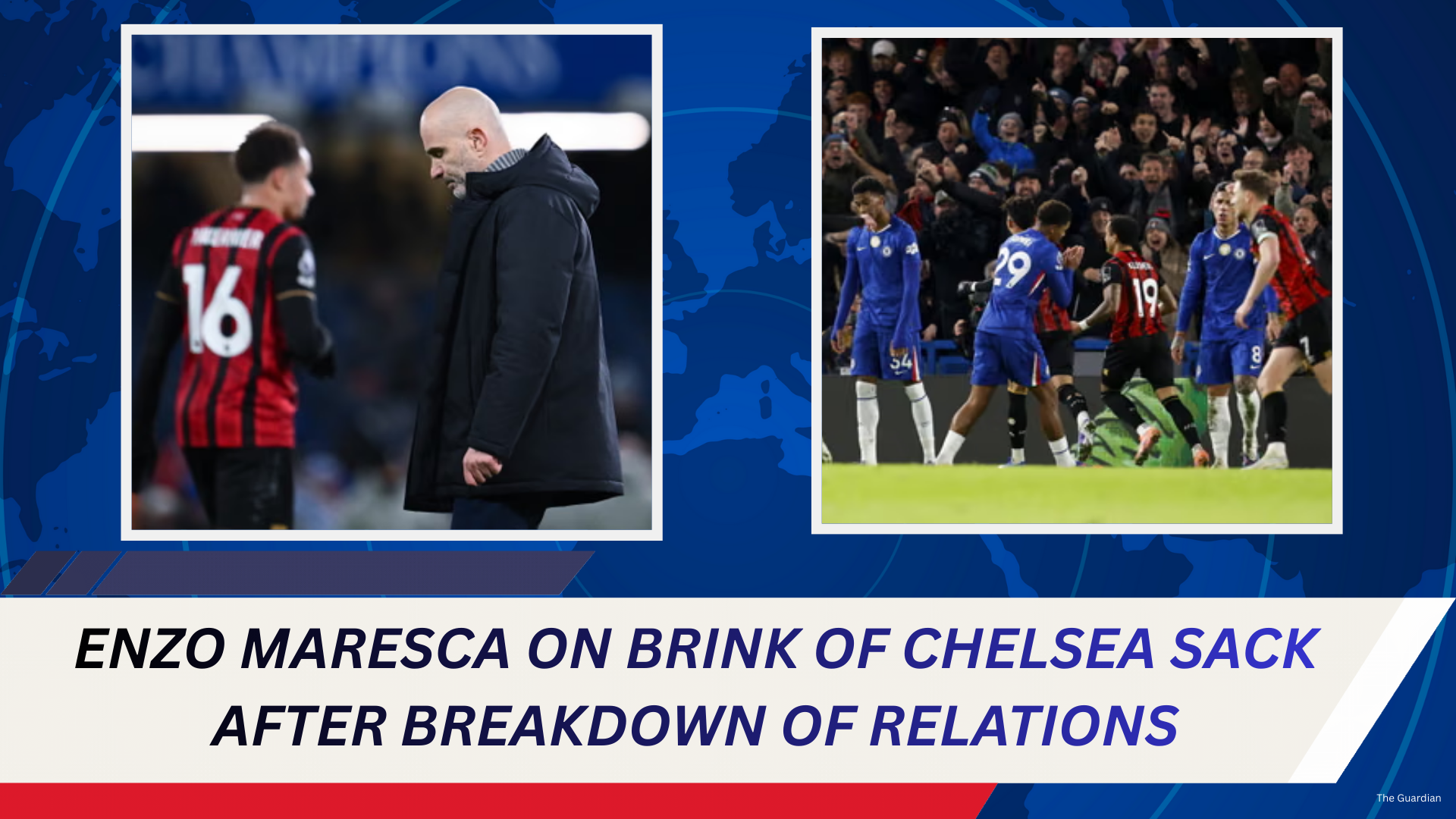PHOENIX — For a moment, it felt like the Phoenix Mercury’s season — and perhaps their emotional leader’s — was hanging in the balance.
Late in the first half of Game 4 of the 2025 WNBA Finals, Alyssa Thomas, the Mercury’s relentless forward and one of the league’s toughest players, went down clutching her shoulder after a collision with Las Vegas Aces guard Jewell Loyd. The arena fell silent as Thomas rolled in visible pain near midcourt, grimacing and grabbing the joint that has long carried one of the most remarkable — and challenging — injury histories in professional basketball.
The sight was jarring. Thomas, known for her iron will and physical play, rarely shows pain. Yet with just 9.2 seconds left in the first half, she stayed on the floor as teammates and training staff surrounded her, concern etched across their faces.
The Collision and Immediate Reaction
The play developed innocuously — a standard screen near the perimeter. Loyd and Thomas collided shoulder-to-shoulder, a forceful impact that sent Thomas to the ground. Officials immediately stopped play as trainers rushed in.
While Thomas received attention, referees reviewed the sequence to determine whether Loyd’s contact warranted a flagrant foul. After review, the officials ruled it a common foul, drawing a mixture of cheers and boos from the crowd inside Mortgage Market Center.
Thomas eventually rose to her feet but did not attempt the ensuing free throws. Instead, she walked slowly to the locker room, supported by team staff, her right arm hanging loosely at her side.
A History That Makes Every Fall Worrisome
Thomas’ pain carried extra weight given her well-documented history of shoulder injuries.
She has torn labrums in both shoulders — an injury she’s famously chosen never to surgically repair. Instead, she’s relied on rigorous strength training, therapy, and sheer toughness to keep playing at an elite level.
That makes her durability all the more remarkable. Despite chronic issues, Thomas has become one of the WNBA’s most versatile players — a force capable of scoring, rebounding, facilitating, and defending at an All-Star level.
She’s also earned a reputation for doing it all without complaint. Her playing style — aggressive, physical, and fearless — means every game brings a dozen collisions, but she rarely leaves the court. That’s why her fall Friday night sent a ripple of concern through both benches.
“Alyssa is as tough as they come,” Mercury coach Nikki Blue said postgame. “When she stays down, you know something isn’t right.”
The Return — and the Response
After halftime, however, Thomas reemerged to a standing ovation. Wearing a compression sleeve and a determined expression, she returned to the court and immediately made her presence felt.
Whatever pain she carried, she didn’t show it. Thomas went on to record yet another triple-double — finishing with 17 points, 12 rebounds, and 10 assists — in a performance that embodied the grit she’s become known for.
“I'm fine,” Thomas said afterward, brushing off concerns. “It was just one of those plays — physical game, Finals basketball. I wasn’t coming out for good.”
Her words summed up a career built on perseverance. In the last three seasons, Thomas has played through shoulder dislocations, sprains, and the lingering effects of her unrepaired labrum tears. She’s also returned from an Achilles tear suffered in 2021 — an injury that might have ended other careers but only seemed to fuel her comeback story.
A Defining Presence in the Finals
Thomas’ resilience has been a defining feature of the Mercury’s postseason. The 33-year-old forward, acquired from Connecticut in 2024, brought not just production but leadership — the kind forged by years of adversity.
Her ability to impact every facet of the game has made her indispensable. Through the first three Finals games, Thomas averaged 16.8 points, 11.3 rebounds, and 8.7 assists, nearly averaging a triple-double against the defending champion Las Vegas Aces.
“She’s the engine that keeps us going,” teammate Diana Taurasi said. “You can’t measure her in stats — it’s her will, her competitiveness. She just refuses to quit.”
That mentality was on full display in Game 4. Even as the Mercury fell 97–86 and the Aces completed their sweep to claim a third title in four years, Thomas continued to battle — boxing out, diving for loose balls, and setting screens through pain.
What Comes Next
While Thomas downplayed the incident postgame, the Mercury are expected to evaluate her shoulder further in the coming days. With the season now concluded, she’ll have time to rest — something she rarely allows herself during the year.
“She’s incredibly disciplined about her body,” coach Blue said. “But she plays a style that takes a toll. We’ll make sure she gets what she needs this offseason.”
Thomas’ commitment to playing through pain has long been part of her legend. But it also underscores the physical price elite athletes pay to perform. Whether she considers surgery or continues her current regimen, one thing is certain: Alyssa Thomas’ toughness has never been in question.
A Moment That Defines Her Legacy
The Game 4 scare served as a reminder of what makes Thomas unique — not just her statistical brilliance, but her resilience.
Fans have come to expect her to rise, dust herself off, and keep competing. That’s exactly what she did again on Friday night, embodying the essence of Finals basketball: courage under pressure.
Even in defeat, she left the court to a standing ovation — not for the scoreboard, but for her spirit.
“Alyssa Thomas is built different,” Loyd said afterward, expressing concern and admiration. “You never want to see anyone hurt, but she came right back and dominated. That’s just who she is.”
%20(4).png)



.jpg)
.png)

.png)
.png)
